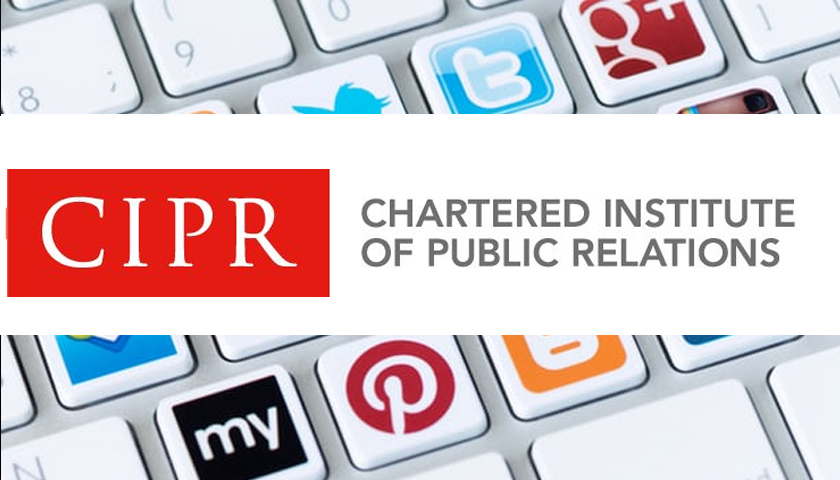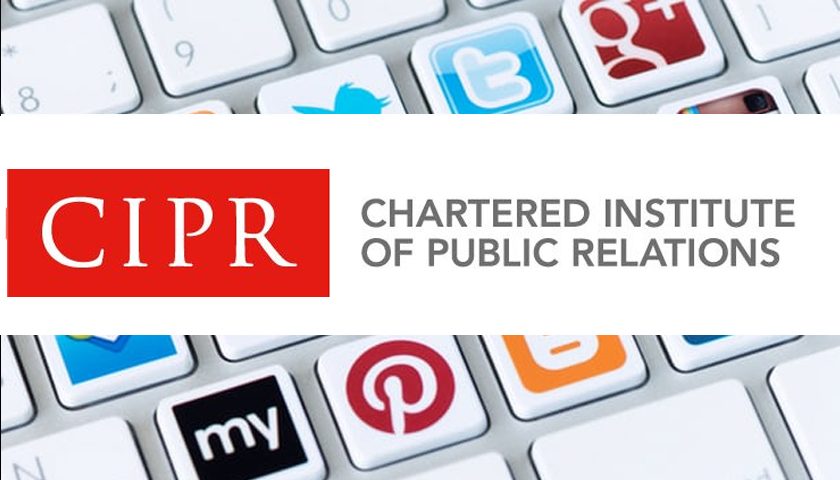The Chartered Institute of Public Relations (CIPR) has published research highlighting widespread age discrimination across the public relations profession, with older practitioners facing exclusion, stereotyping, and biased attitudes within workplace culture and HR processes.
The report – ‘An age-old problem: What can we do to tackle ageism in PR?‘ – was conducted by Jenny Manchester MCIPR and sponsored by the CIPR’s PR Research Fund. Through 44 semi-structured interviews with PR professionals across different age groups, sectors, and seniority levels, the study examines how age-related bias manifests in workplace culture, recruitment and retention practices, and attitudes towards older professionals.
The research reveals a range of experiences of age-related bias. Participants described being subjected to age-based comments, excluded from meetings and campaigns, stereotyped as less creative or digitally capable than younger colleagues despite their experience and expertise, and facing assumptions that limited their opportunities.
The research also highlights the intersection of ageism with gender discrimination, noting that women face compounded challenges as they age within the profession, often being excluded from leadership opportunities and facing greater barriers to progression and fair treatment.
To address these issues, the report presents recommendations for creating more age-inclusive workplace cultures, including reforming HR policies and recruitment practices to avoid cementing age bias, implementing flexible working arrangements, and fostering intergenerational collaboration across the industry.
The study is accompanied by a practical checklist for employers, line managers, and individuals, developed with the Centre for Ageing Better, providing starting points for developing age-friendly cultures in PR organisations. The checklist is part of a more comprehensive Age-friendly culture toolkit aimed at large and small employers developed by the Centre.
This research underlines how the PR industry undervalues and excludes experienced professionals. It found people no longer feel welcome in an industry where they’ve worked for years simply because of their age. We’re seeing talented older practitioners stereotyped as less creative or digitally capable, despite their expertise. This should concern us all of us – ageing is something we all face and is an increasingly important issue for the profession in the context of Britain’s ageing population – more of us will be working for longer, what does the industry need to do to adapt to this?
We talk a lot about the need for greater diversity and the value this can bring to an organisation, and this conversation must include challenging our own assumptions about age and capability. I hope the response to these findings is to see the introduction of practical changes. Previous research has done a lot to shine a light on the existence of ageism in the profession, and this report aims to deepens our understanding of the contributory factors that are at play and the impact they have on talented, skilled professionals.
Jenny Manchester, MCIPR, Head of Communications at the Centre for Ageing Better
As we wrap up National Inclusion Week, this research highlights a gap in our profession. Ageism is not an isolated issue in public relations. It’s costing us experienced talent, valuable perspectives, and vital institutional knowledge. Jenny’s report shows how outdated assumptions about age and people’s capability are holding us back, while also offering highly practical recommendations to individuals, line managers, and the industry to tackle the issue and drive change. I look forward to seeing how we and leaders across the industry can act on them.
CIPR President Advita Patel Chart.PR, FCIPR


